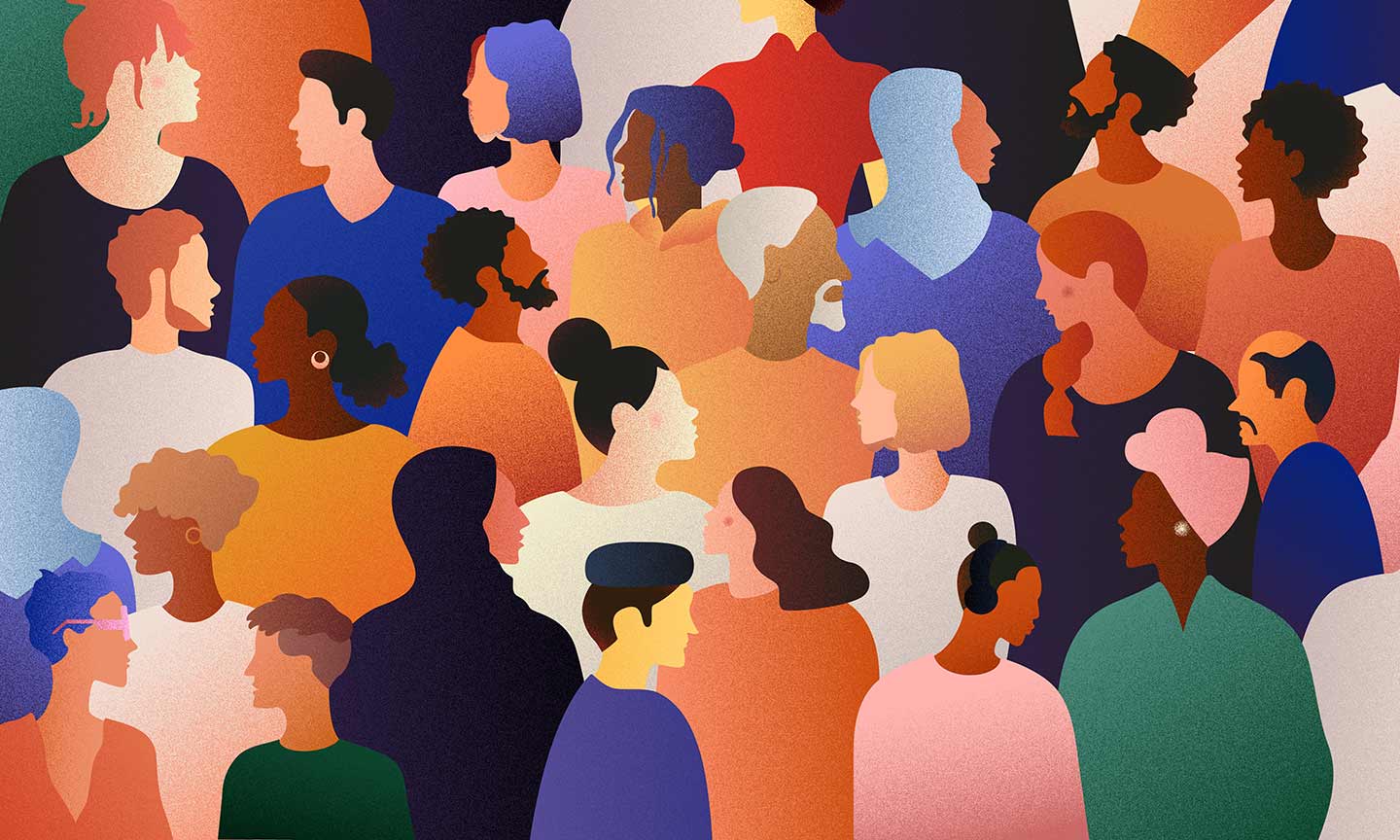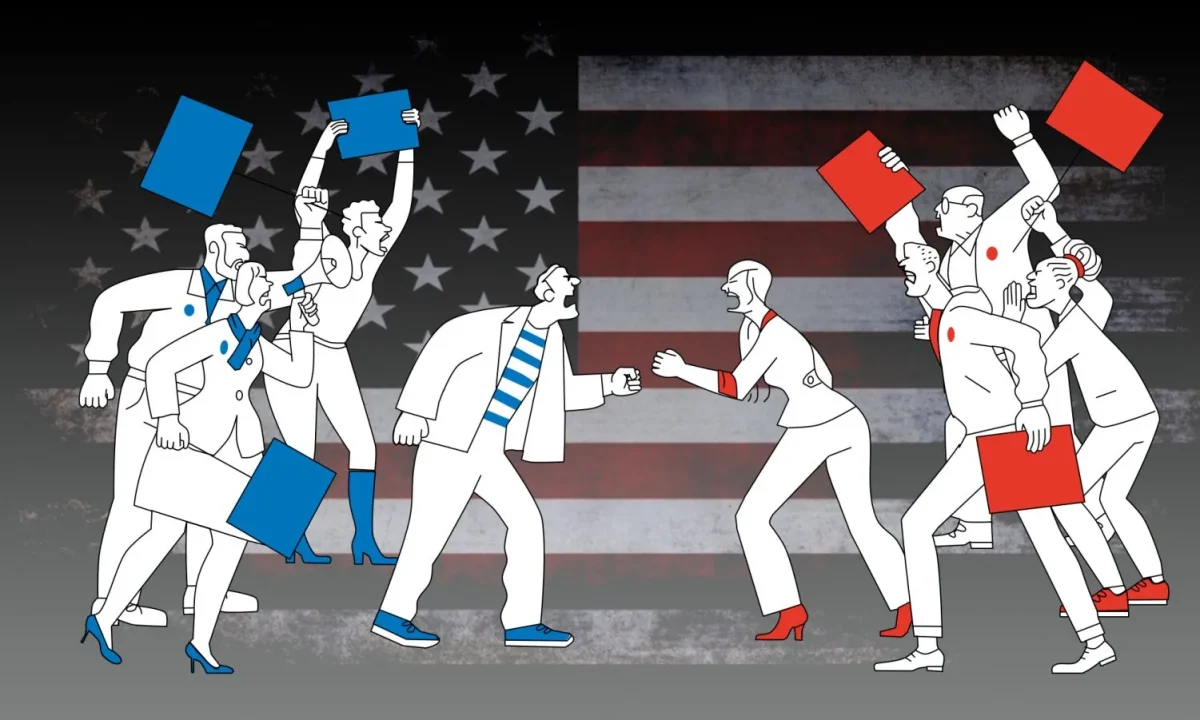The world has been a melting pot of cultures and differences since the beginning of time, yet there are still opinions on whether or not we should teach the youth to embrace and cherish said differences. Oxford Languages defines ‘culture’ as, “the customs, arts, social institutions, and achievements of a particular nation, people, or other social group.” With that being said, it is important to teach children the cultural history of numerous groups, as that is necessary to progress as a world. Not only does it further kids’ historical understanding of the world’s current state and progression, it teaches them to connect with the world around them. In places such as the United States of America, there has been a lack of educational support for the history and current situations of many cultural groups in and around the U.S. before. This has promoted ignorance and divided cultural groups further than they already were.
Furthermore, the mere development of a curriculum that includes the teachings of the cultural history of significant cultural groups nurtures the idea that we can coexist in close proximity. It wasn’t very long ago that race and culture caused a major divide in how people interacted with each other. By learning about the accomplishments and/or hardships of any cultural group, students can gain an understanding of their surroundings and the people they may come into contact with. Cultural diversity is a building block for society, so it isn’t off-limits for classrooms. Additionally, it creates a social shield that helps them observe the world through their own lens.
As aforementioned, there has been a significant difference in how people interact with one another now, versus 60 years ago based on ethnicity and culture. From microaggressions to bias and prejudice, the history of our world is deeply rooted in separation based on our differences. When we take these differences away, we’re all a combination of flesh and blood; two people of different races are visually no different than two different colored dogs.
If we take away the education of these differences, not only will it set us up for failure as a society, but it will also socially and culturally harm the next generation. Since we are naturally social animals, it is important to nurture interactions with others. Not having a social life can negatively affect our mental health and emotional well-being. This elevates feelings of depression, insomnia, cognitive decline, and increases risks for heart disease and strokes.













